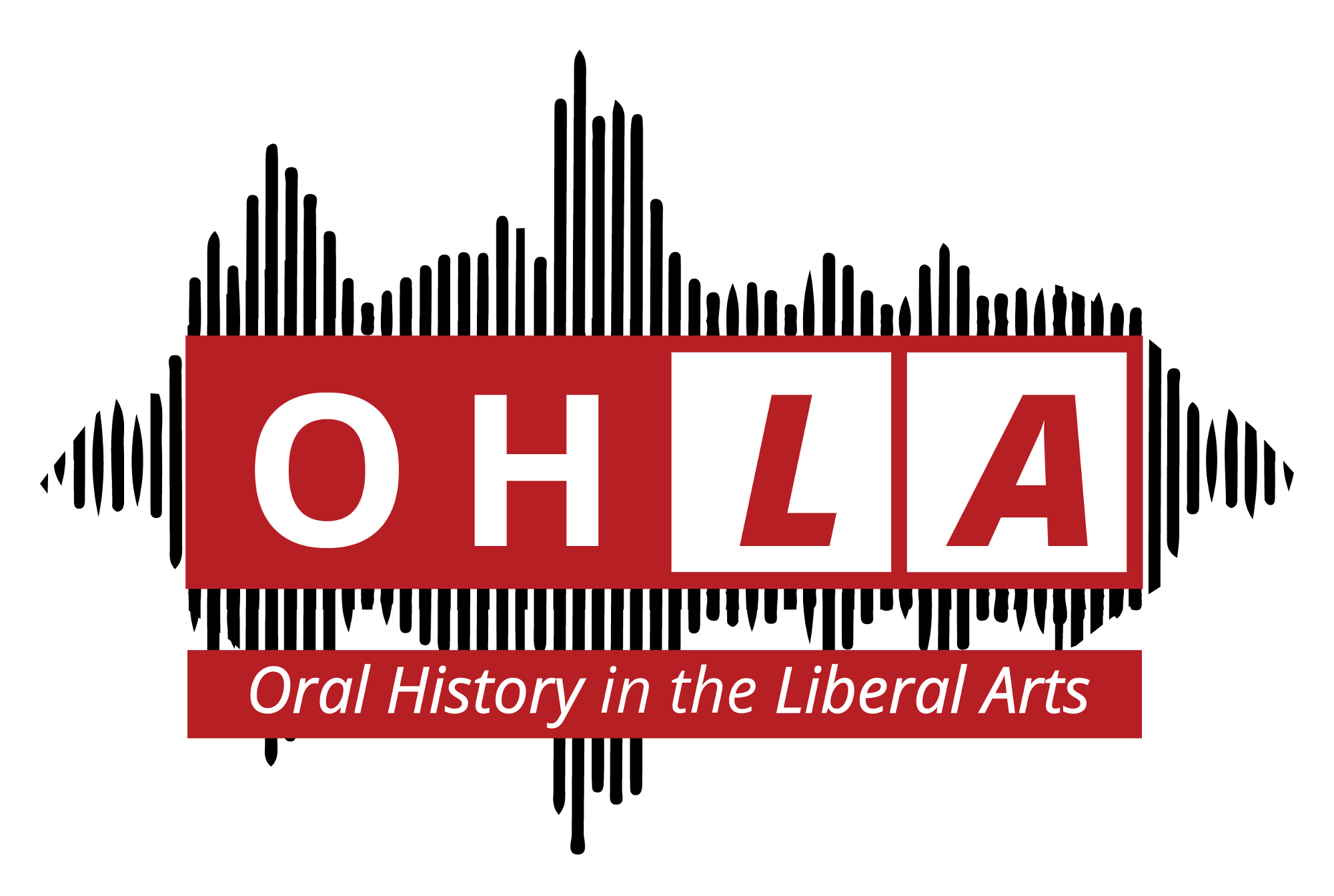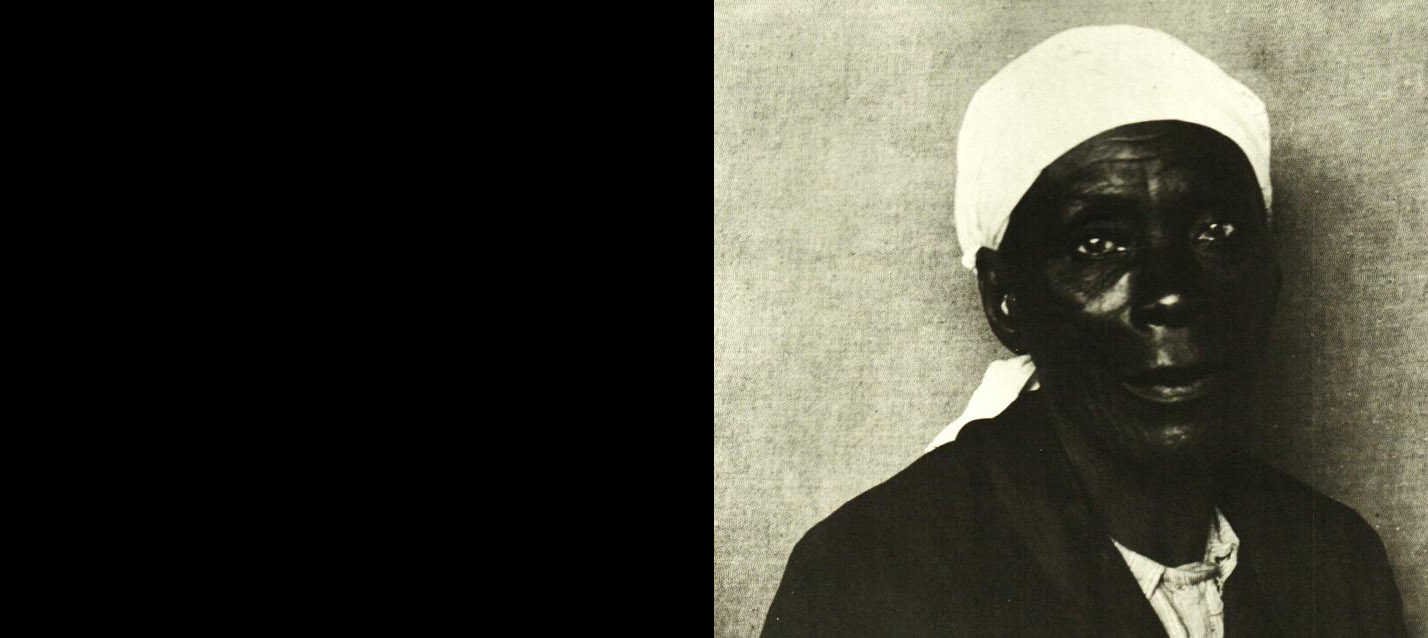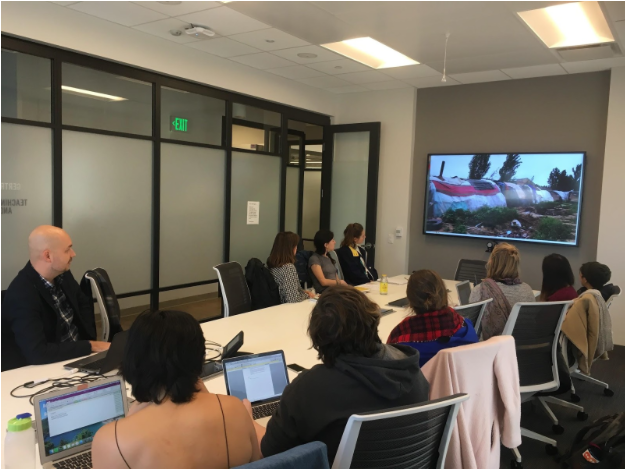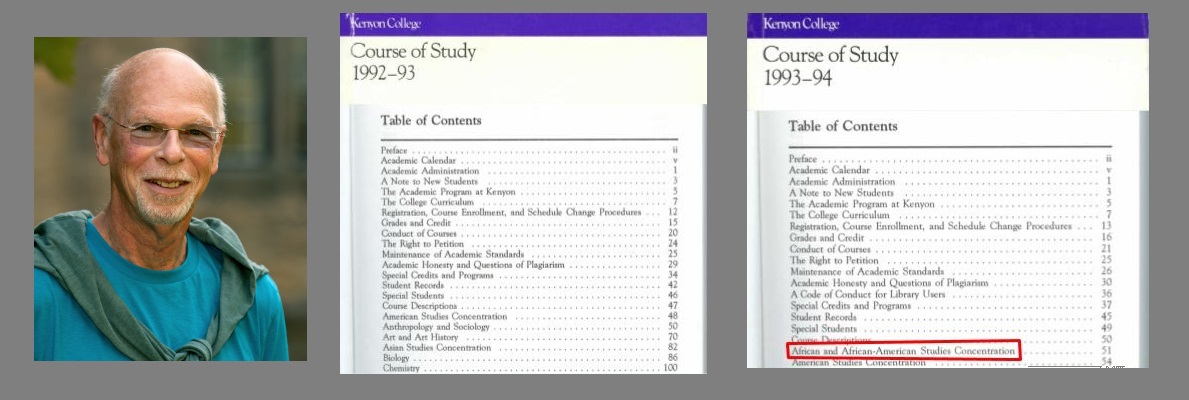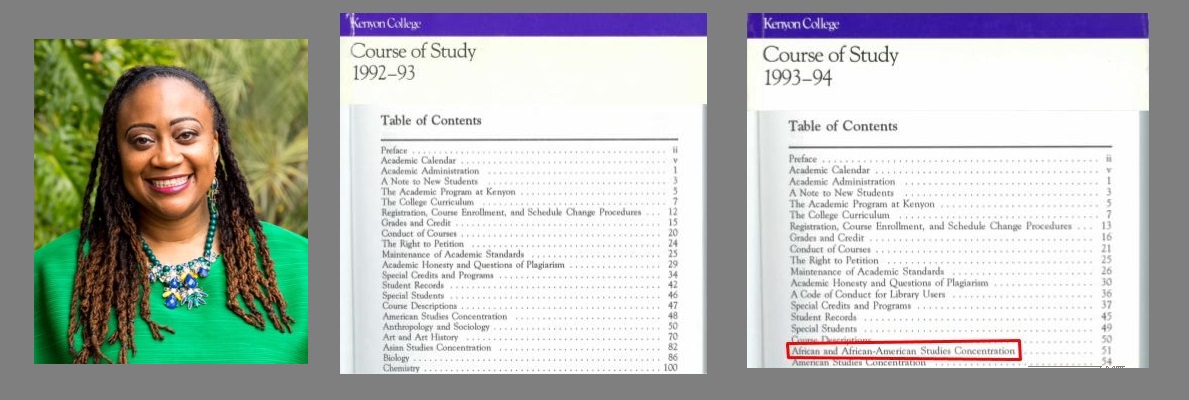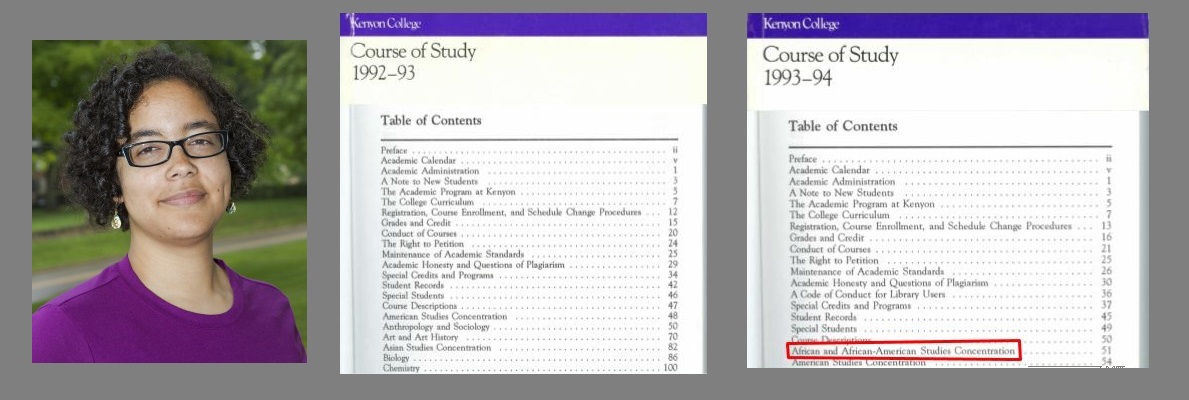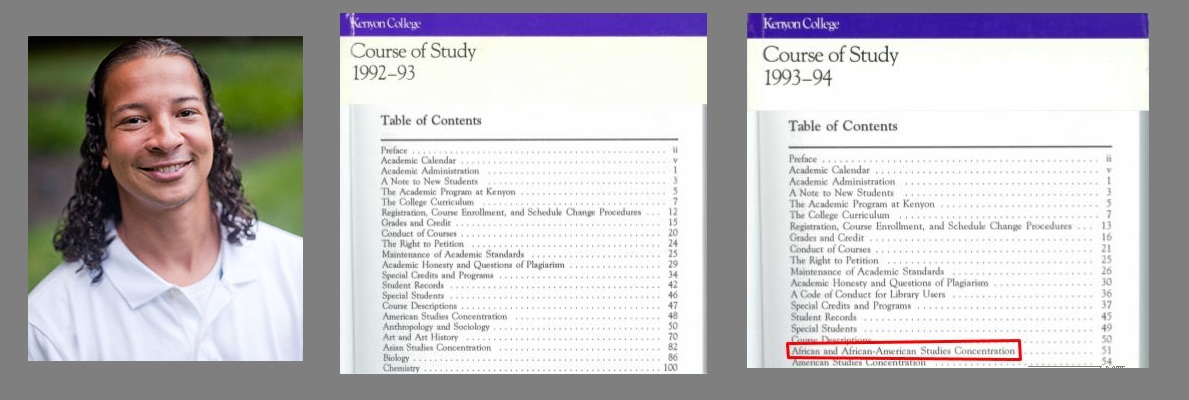As the Digital Architect for OHLA, and as a Librarian at Kenyon College, I represent the professional staff element of this collaboration. I am here to provide structural and technical support for individual projects, as well as the central hub of OHLA. My expertise is in emerging technologies like A/V editing programs, streaming software, transcription services, and digital archiving. I have extensive experience crosswalking metadata, administrating content management systems, and building digital collections. My contributions are designed to give technical and workflow support to OHLA projects, which is similar to the support I currently provide to oral history projects at my home institution. I see an accelerating need for, and extensive potential benefit in, this kind of collaboration between faculty and professional staff.
As Digital Initiatives Librarian at Kenyon, my introduction to oral history came in the form of files. Ambiguously named files of questionable format and stability, housed in arcane folder structures on battered hard drives, or SD cards, or CD-ROMs. Left in a lab or office I’ve inherited, or handed to me with the question “can you save them?” or “how do I open them?” or even, “can you tell me what this is?” Sometimes I can answer these questions satisfactorily, sometimes not. This type of technical work is not what you learn in library programs; librarians are not primarily trained to rescue data, we are trained to organize it so it doesn’t need to be rescued. Regardless, I’ve spent many hours with files like that, and been rewarded for my efforts. Some are video interviews with people who have since passed away, their unique stories captured in bits and bytes, like that of Elsie Mollison Holmes. Sometimes they are incredible historic photographs depicting lost ghosts, whose stories I am still trying to trace (as is the photo for this post). It’s detective work as much as it is technical knowledge, and I enjoy it, but I wonder about the files I never see, about the ones that are corrupt or in obsolete formats, about the ghosts whose stories I never find.
On the most essential level, librarians collate information. We contemplate the myriad contexts through which information moves, trying to insure that it will retain its meaning throughout. We think about the infinite uses for a single piece of information, and increase access to it (or restrict it). We consider the durability of formats, whether print or digits, and guard against entropy.
OHLA integrates oral history into the classroom, and I consider it my role to integrate librarianship into oral history. There are several parts to this: to integrate myself into the process of collecting data in communities and archives from square one; to create a box of tools for faculty to take with them in that process; and to establish this as a model of collaboration between faculty and professional staff in the future. I will provide consultation and informational resources for OHLA’s projects, from proposal to initial data collection to file formatting, transfer, and editing to storage, presentation, and access. My focus throughout will be on how specific technologies can be useful to oral history and digital storytelling projects in a liberal arts setting, taking into account factors like cost and limited access to tech support, with particular attention paid to free and/or open source technologies. I’ll touch briefly on audio/video editing software, like Windows Movie Maker, iMovie, GarageBand, and Audacity. I’ll examine audio and video streaming services, including YouTube, Vimeo, Internet Archive, and SoundCloud. I’ll define and compare content management systems like WordPress, Omeka, and Drupal, and touch on digital repositories like Digital Commons, CONTENTdm, and Fedora Commons. I’ll look at new and emerging technologies developed specifically to support digital storytelling and oral history, like Pop Up Archive, Pinedrop, and the Oral History Metadata Synchronizer (OHMS). I’ll discuss preservation standards, examining the ideal scenario versus what is practical in a typical liberal arts setting. I’ll discuss how technical priorities differ dependent on whether the goal is to create experimental classroom recordings, professional quality archives, or something inbetween. I’ll talk about accessibility, durability, and a concept I am developing called “data discrimination”: how to determine when and what you can get rid of, as well as what’s important to gather and keep.
While my role is this project is technical, I am strongly supportive of the larger focus of community-based and archives-informed learning central to OHLA. It is a visionary project with the potential to profoundly impact our students, as well as the communities they engage. I am excited to be a contributor, and look forward to the new discoveries that will emerge from it.
